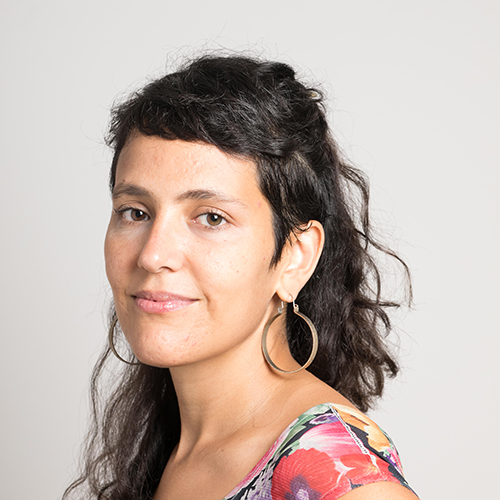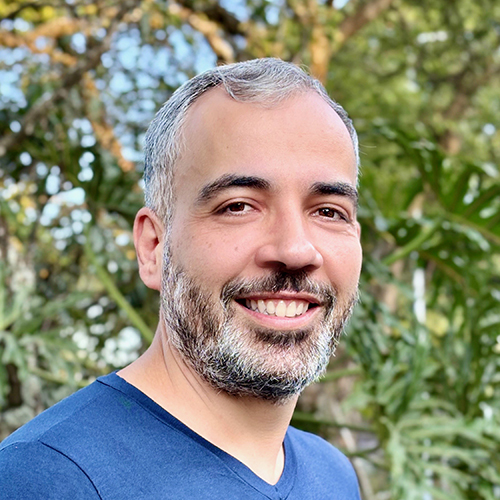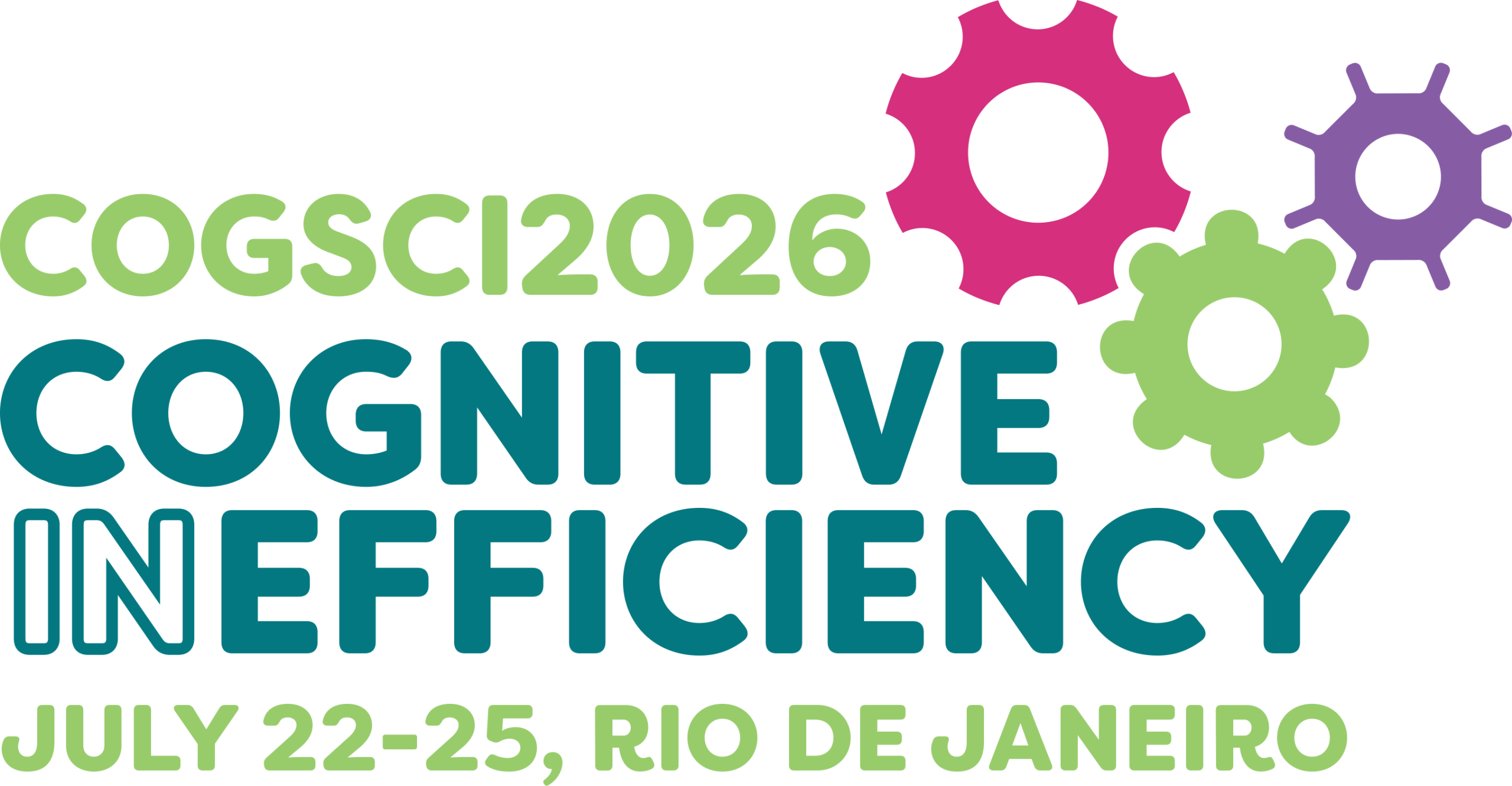Program Chairs

Gemma Boleda
Universitat Pompeu Fabra / ICREA

Isabelle Dautriche
CNRS / Aix-Marseille Université

Mora Maldonado
Universitat Pompeu Fabra

Carmen Saldana
Universitat de Barcelona

Tiago Torrent
Federal University of Juiz de Fora, CNPq
Hybrid Conference Format & Broadening Participation
The Cognitive Science Society plans to host a fully synchronous hybrid conference for 2026 in Rio de Janeiro. Therefore, all accepted presenters will have the option to present in person in Rio or virtually from anywhere in the world. Similarly, attendance will be available both in person in Rio and virtually. To support broader participation, select sessions will offer simultaneous translation services (from English to Spanish and Portuguese). In addition, a discounted registration rate will be available for attendees from South America. Post-conference, an on-demand service will make all presentations accessible to all participants for 24 calendar months.
Key Dates
September 23, 2025 Housing open for CogSci2026
November 26, 2025 CogSci2026 submissions open
November 26, 2025 CogSci2026 awards open
February 2, 2026 Submissions for CogSci2026 deadline
April 10, 2026 Conference Registration opens
June 1, 2026 Early-Bird Registration Deadline
June 10, 2026 Housing deadline for CogSci2026
July 1, 2026 Standard Registration Deadline
July 22, 2026 CogSci2026 starts
July 25, 2026 CogSci2026 ends
Committees
Prizes and Awards Committee
Alex Doumas (chair)
Andrea Martin
Francis Mollica
Hongjing Lu
Olivia Guest
Ben Rottman
Julian Jara-Ettinger
Rachel Heaton
John Opfer
Zach Horne
Member Abstracts Committee
Jonathan F. Kominsky (chair)
Juan José Giraldo-Huertas
Stefan Frank
Elizabeth Lapidow
Pablo Franco Ulloa
Tutorials and Workshops Committee
Elizabeth Bonawitz (chair)
Ilker Yildirim
Marisa Casillas
Francis Mollica
Symposia Committee
Samuel Mehr (chair)
Susan Hespos
Darko Odic
Dorsa Amir
Bria Long
Cognitive (In)Efficiency
A core objective of cognitive science is to identify the mental processes that guide thought and behavior. Much research has focused on understanding these processes through the lens of utility and cognitive efficiency. Human and non-human species are often seen as striving toward learning, problem-solving, communication, and other goals by making optimal use of cognitive resources. However, many behaviors and mental processes are not a product of this ideal of efficiency and often deviate from it. Our first two symposia emphasize the critical need to address both cognitive efficiency and inefficiency as natural and influential aspects of processing and behavior. By exploring instances where cognitive processes and behavioral outputs appear suboptimal—particularly in the contexts of communication and social coordination—we invite a deeper examination of what constitutes “optimality” across different domains and settings. In doing so, we aim to broaden the understanding of cognitive processes by considering both efficient and inefficient pathways that shape thought and behavior.
We further propose a third symposium to address (in)efficiencies arising from disparities in research conditions across cognitive science laboratories and departments worldwide. This symposium will spotlight how unequal access to funding creates systemic barriers to global representation while showcasing cognitive scientists who produce impactful research despite facing disadvantaged material conditions. Our aim is to advocate for a more equitable approach that values contributions from researchers across diverse socioeconomic backgrounds, ultimately enriching the field as a whole.
![]()
The Cognitive Science Society is pleased to announce the establishment of the CogSci Grove which aims to mobilise cognitive scientists to offset carbon emissions associated with their professional activities.
